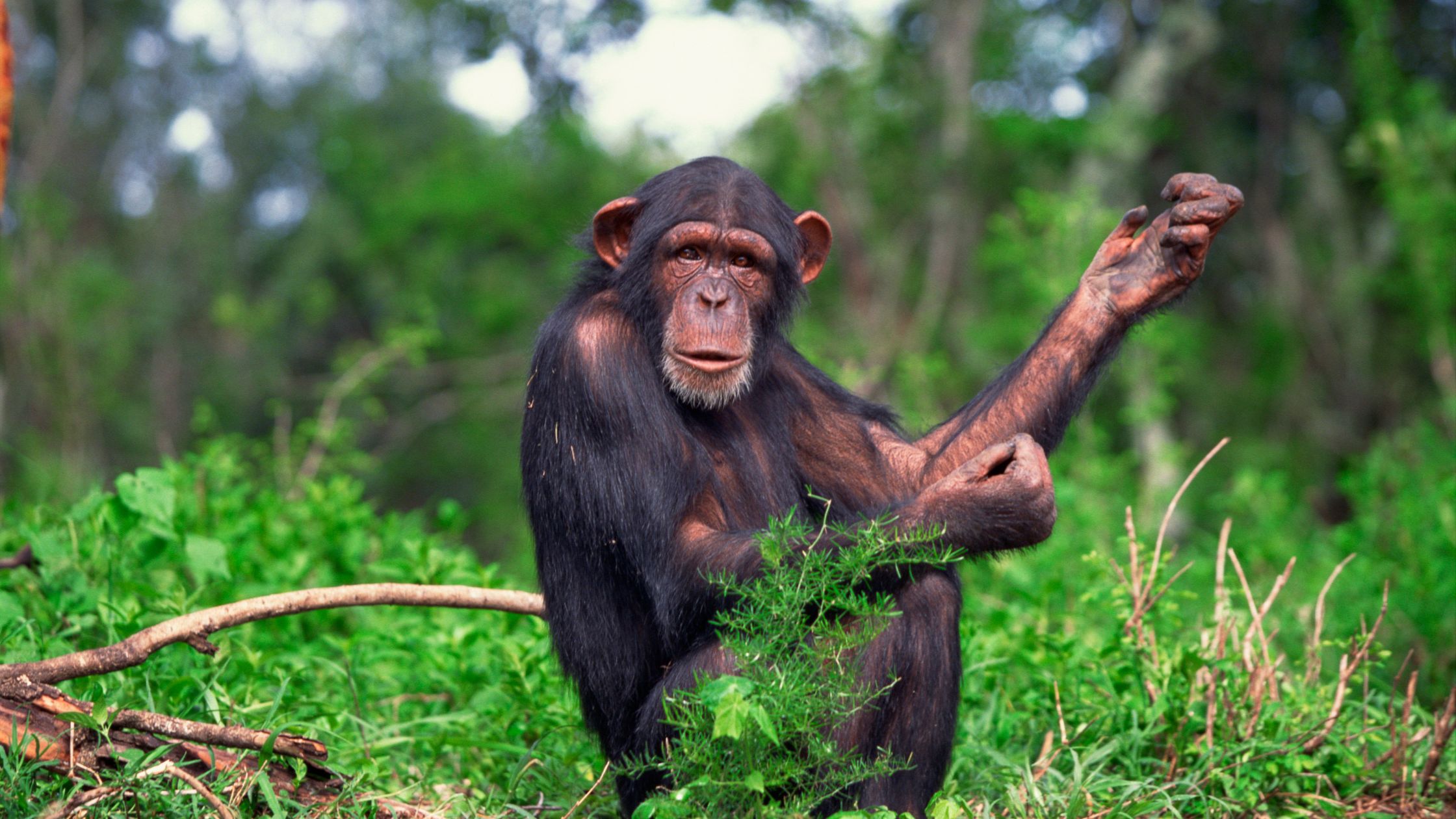
Clean energy mineral mining threatens Africa’s Great Apes
What’s happening? Up to a third of great apes in Africa could be at risk due to mining for minerals key to the renewable energy transition, according to research published in Science Advances. The analysis found that increased demand for critical minerals including cobalt, copper, lithium and nickel, which are used in technologies such as EVs and wind turbines, is threatening the tropical rainforest habitats of an estimated 180,000 bonobos, chimpanzees and gorillas. Mining can also threaten biodiversity by introducing disease and pollution and making habitats more accessible to hunters and farmers. Africa contains around 30% of global mineral resources. (The Guardian)
Why does this matter? Isolating the impact of mining from other threats to biodiversity is difficult. However, the new study established that the most severe mining impacts on apes occurred in Liberia, Sierra Leone, Mali, and Guinea. In the latter country, 83% of the chimpanzee population could be directly or indirectly affected by mining. Such a statistic is particularly concerning given that over two-thirds of primate species are already at risk of extinction from factors including forest loss, hunting, infectious diseases, and climate change.
Too close for comfort – The new analysis, which was based on mining sites in 17 African countries, revealed that 20% of mining areas overlap with regions designated as unique for biodiversity or as “critical habitats” which are vital to the survival of an endangered species. The analysis also highlights the fact that mining is one of the leading causes of global deforestation. As well as negatively affecting endangered species, changes to land use, primarily deforestation, are responsible for 12-20% of global greenhouse gas emissions.
Global threat – Although Africa is set to be particularly badly affected by critical minerals mining, other regions also face threats to their biodiversity from such extraction. Mining in the major lithium reserve in Chile’s Atacama Desert salt flats has already reduced the freshwater available to local indigenous communities and disrupted the habitats of species including Andean flamingoes. Biodiversity in the Arctic could also be vulnerable as the region is home to a number of rare earth minerals important to the energy transition.
Mining set to accelerate – The need for more critical minerals as a result of the move towards cleaner energy means that the threats to biodiversity posed by mining are likely to accelerate. As the International Energy Agency (IEA) notes, clean technologies are generally more mineral-intensive than fossil-fuel alternatives. On average, “a typical electric car requires six times the mineral inputs of a conventional car and an onshore wind plant requires nine times more mineral resources than a gas-fired plant.”
Global action – The Sustainable Critical Minerals Alliance (SCMA), which was launched at the COP15 UN Biodiversity Conference in December 2022, aims to increase environmental sustainability and social responsibility in mining, recycling, and wider critical minerals supply chains. The researchers involved in the new study have also called on banks to cease funding mining projects in areas important to apes, as well as for the implementation of more effective and long-term biodiversity offsets by mining companies.


